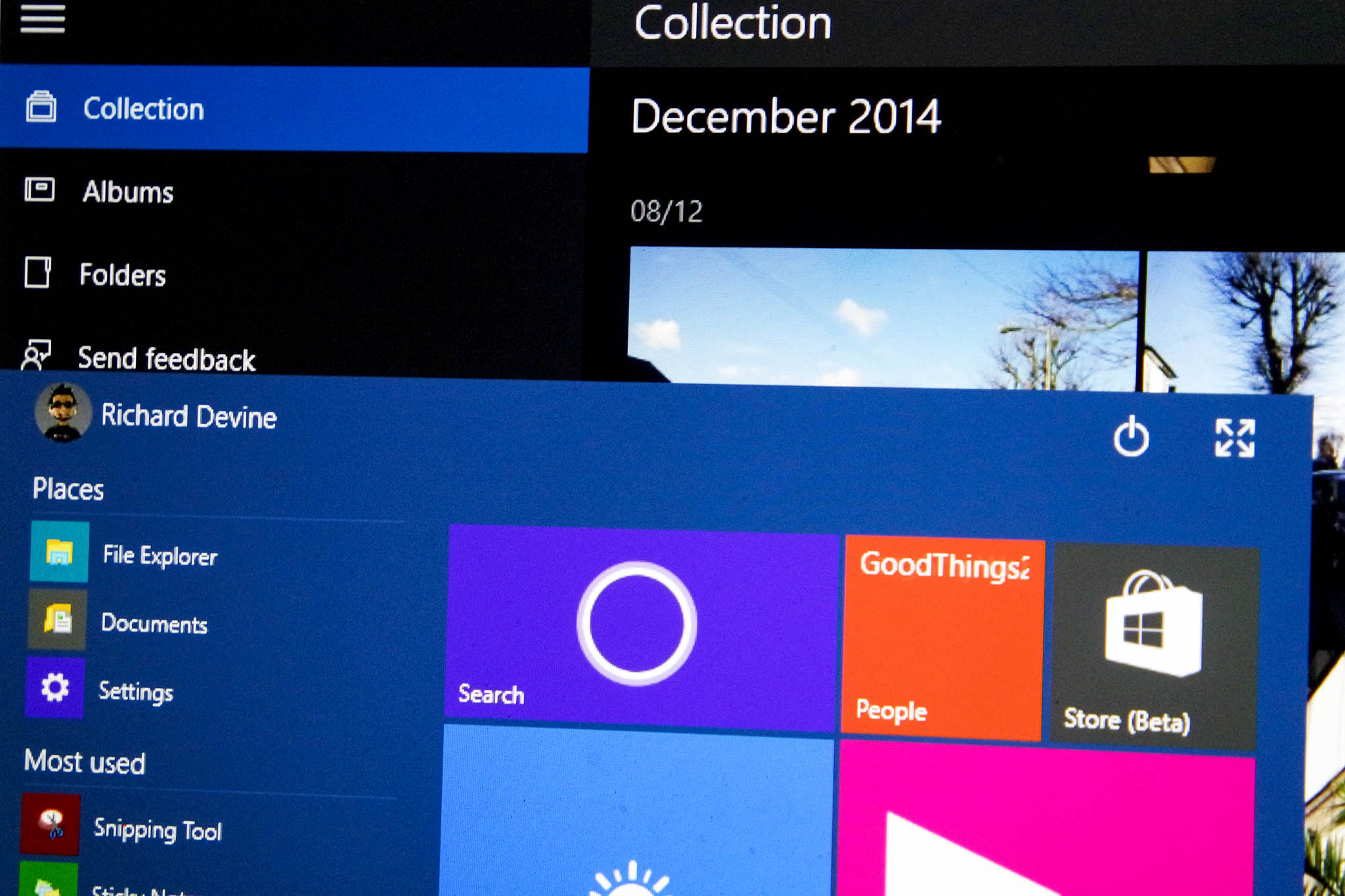Windows 10 will free up more storage space for your PC, tablet or phone

All the latest news, reviews, and guides for Windows and Xbox diehards.
You are now subscribed
Your newsletter sign-up was successful
Microsoft says that the Windows 10 development team is using a new compression algorithm in combination with the removal of a recovery image to cut down on the amount of storage space the OS will need on PCs, tablets and smartphones.
Microsoft states:
With current builds, Windows can efficiently compress system files. That gives back approximately 1.5GB of storage for 32-bit and 2.6GB of storage for 64-bit Windows. Phones will also be able to use this same efficient compression algorithm and likewise have capacity savings with Windows 10.We are also redesigning Windows' Refresh and Reset functionalities to no longer use a separate recovery image (often preinstalled by manufacturers today) in order to bring Windows devices back to a pristine state. This reduces Windows' storage footprint further as the recovery image on typical devices can range in size from 4GB to 12GB, depending on the make and model. Phones already have a storage-optimized recovery solution, so, unlike compression, this enhancement is only for tablets, laptops, and desktops.
Microsoft uses the example of a device which has 32GB of storage. Older versions of Windows might allow for 17.6GB of free storage on that device, but the use of the new compression technique, along with the ditching of a recovery image, with the 64-bit version of Windows 10 frees up another 6.6GB of storage space, giving that device a total of 24.2GB of free space, with just 7.8GB used for the OS itself.
If Windows 10 users still want to have a recovery image for their device, in case something goes wrong, they are free to make one. Microsoft says:
With Windows 10, you can create your own recovery media and back up the pristine state of the operating system and preinstalled software. If things go wrong and you are unable to refresh or reset your device successfully, you can boot the device using recovery media and reset to the prior pristine state.
Source: Microsoft
All the latest news, reviews, and guides for Windows and Xbox diehards.

John Callaham was a former contributor for Windows Central, covering Windows Phone, Surface, gaming, and more.
